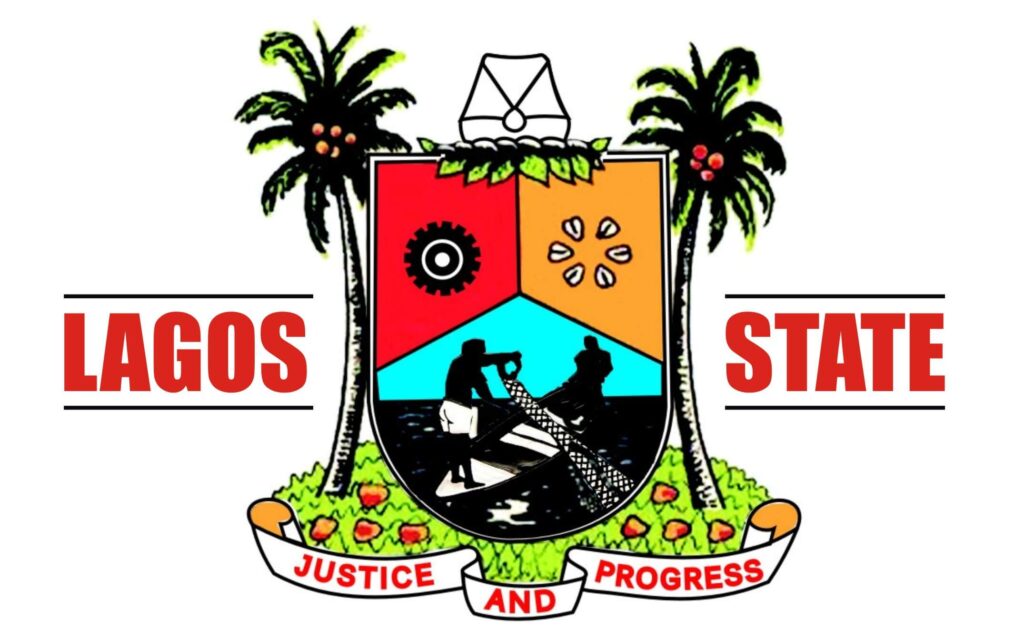More than 40 per cent of residential properties in Lagos are now owned by investors rather than occupants, a new report on the state of Lagos housing has revealed, raising concerns over affordability and access for regular home-seekers.
The State of Lagos Housing Market Report (Vol. 3), published by the Roland Igbinoba Real Foundation for Housing and Urban Development, paints a vivid picture of growing real estate speculation in Nigeria’s commercial capital, particularly in upscale areas like Ikoyi, Victoria Island, Lekki, and Ikeja.
“The real estate market in Lagos teems with investor activity,” the report stated. “These prime locations have become magnets for developers and investors, with residential properties being acquired largely for investment rather than habitation.”
This surge in investor interest comes against the backdrop of a deepening housing crisis in Nigeria.
According to the Central Bank of Nigeria, only about 10 per cent of Nigerians can afford to buy their own homes, leaving millions stuck in rental markets or informal housing.
Many investors, the report revealed, leverage financial instruments such as Real Estate Investment Trusts (REITs) and real estate investment groups to purchase and manage properties remotely, further driving up prices and limiting owner-occupier access.
The report also highlights the profitability of Lagos’s rental market, with yields ranging from 4.5 to 6 per cent annually. This return on investment is a major attraction for domestic and foreign investors alike.
Additionally, coastal properties, especially those with ocean views in areas like Lekki, Abijo and Ibeju, attract a premium of up to 25 per cent compared to inland equivalents.
These homes not only offer desirable aesthetics but are perceived as high-yield investments due to their steady appreciation.
“Even though the 25 per cent premium may vary depending on sources, there is no doubt that oceanfront properties command significantly higher prices,” the document added.
Furthermore, property values in Lagos are reported to appreciate at an average annual rate of 4 to 6 per cent, with some fast-developing areas witnessing growth of up to 10 per cent per year.
The report attributed this trend to the state’s rapid infrastructural development—new roads, bridges, and public amenities are making more areas attractive to buyers.
As the population of Lagos continues to expand, fueled by migration in search of better economic opportunities, the demand for housing is expected to remain strong.
However, housing experts warn that the growing investor dominance could widen inequality and displace lower-income residents unless deliberate policy actions are taken.
The 2025 edition is the third in the series, following earlier editions published in 2009 and 2016.
Do you want to share a story with us? Do you want to advertise with us? Do you need publicity for a product, service, or event? Contact us on WhatsApp +2348183319097 Email: platformtimes@gmail.com
We are committed to impactful investigative journalism for human interest and social justice. Your donation will help us tell more stories. Kindly donate any amount HERE




